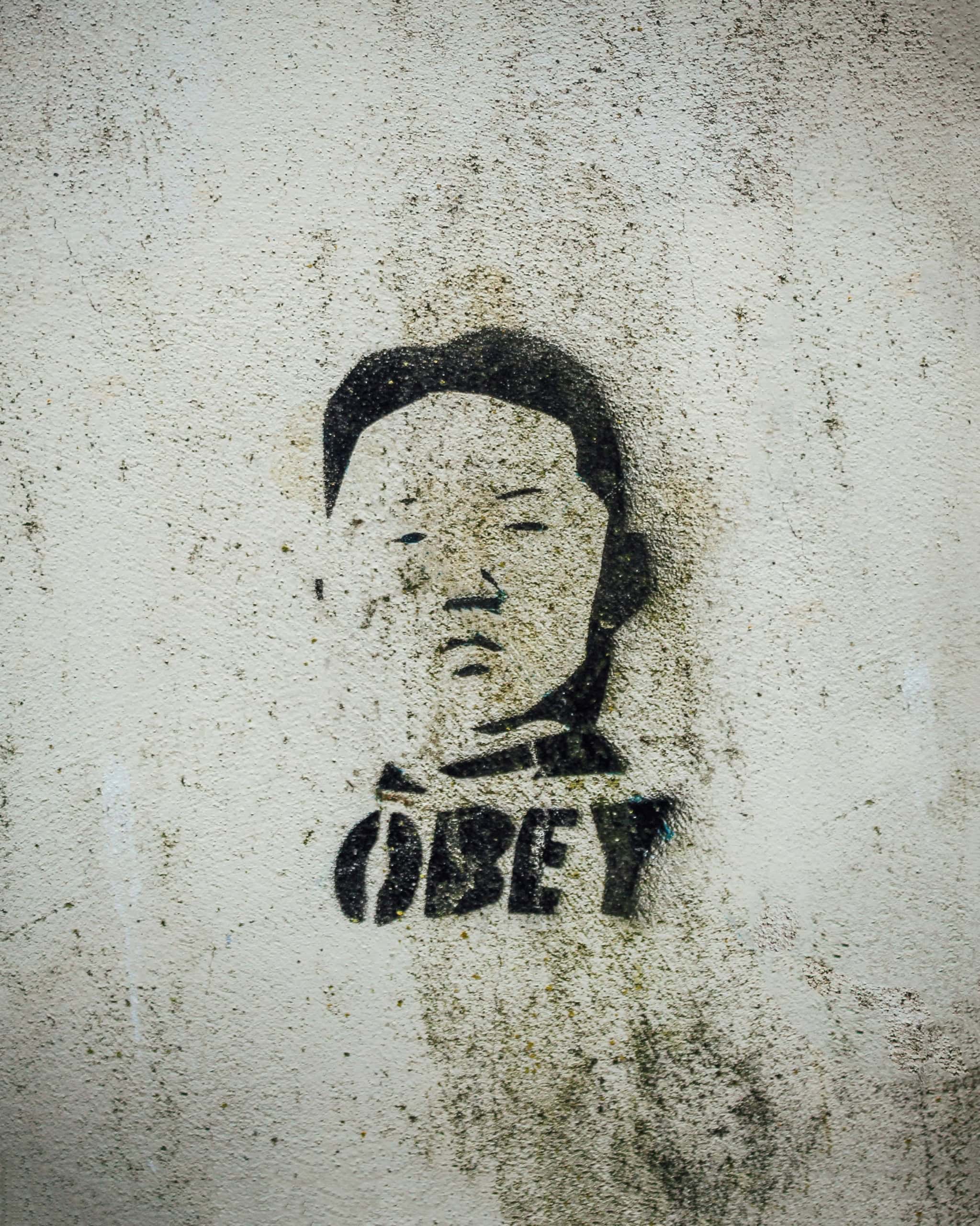|
Getting your Trinity Audio player ready...
|
Say It Out Loud, Really Fast, for Effect
Writing this weekly blog is the main way I communicate my thinking, and it’s a wonderful medium to share my thoughts, for the most part.
Sometimes, it’s not quite as good as the spoken word, because the attempt at humour that I’m going for depends on the ability of the reader to pronounce a word in the exact right way to get a joke to work.
So I hope you’ll all been able to get it, and maybe the accompanying visuals will help.
If not, it’s OK, because the joke isn’t germane to the point, which is that we might do better in our attempts to advise people if we didn’t simply always tell them what they “should” do.
Yet Another “Combo Post”
So this sound-based double-entendre between should and “poop” is the initial inspiration, but on its own, it didn’t have the heft to carry a whole post.
As often happens, an idea sits in my Blog Ideas folder for a while, and then something else will come up and I combine ideas.
A while back, I had yet another exchange with a regular reader in which they relayed something about “changing ‘shoulds’ into ‘coulds’” being healthier when advising families. (Thanks JG!)
The point is that having a family come up with their own solutions is almost always better than having them simply follow the instructions of any advisor.
Let’s Stir In Some Self-Righteousness
Thus far you may be thinking that I’m directing these thoughts to advisors who work with families, and of course I am, but this also applies equally to members of families when dealing with each other.
The final part of the inspiration for this post was a missive from a few weeks ago, On Vulnerability and Self-Righteousness in Families.
Therein, we looked at how those who are self-righteous come from a position of assumed moral superiority over others.
When you add in that element to someone who’s constantly “should’ing on you”, I think you can imagine why such messages are sometimes not well received (even when they are acted upon).
When I say “I think you can imagine”, I do realize that while most people get this, those to whom this message is being directed are unfortunately least likely to recognize themselves.
From Know-It-Alls to “Just Trying to Help”
There are always people who just think that they’re so smart and are also very certain of themselves, no matter the situation.
Many people who grow up in successful families are blessed (cursed?) with such parents.
Most of these “know-it-all” types also convince themselves that they’re coming from a good place and “just trying to help”.
It can be difficult to escape their force field, especially when there’s ample evidence of their success, making their ideas seem like they should be correct.
We can have such people around us at work or within friend or community groups of course, but they’re often most dangerous within a family.
Insidious Within a Family
I’ve had the privilege to work with many family groups, where several people who are related by blood need to work together, in order to make decisions around assets that their family owns for the benefit of the group.
The propensity to “should” on others most often happens between generations, but also sometimes occurs in sibling or cousin groups.
It can actually be even more fascinating to observe in such situations, because it’s rather rare.
And when I say “between generations” you probably default to parents should’ing on their “children”, but in some families the script gets flipped as parents age.
See My Favourite Oxy-Moron: Adult Children.
The attitude of moral superiority and certainty, which combine to define self-righteousness, is sometimes difficult to watch; imagine living under it!
Mel Robbins – The Let Them Theory
I probably shouldn’t mention a book that I have not read myself, but I will make an exception, based on the reviews it has received and some personal endorsements for it that I’ve heard from people I trust.
I can’t put it better than this, directly from the Amazon listing: “a simple mindset shift, to break free from others’ opinions, drama, and control”.
The book’s title suggests that it’s aimed at the “should’ers”, but that phrase implies that it’s also for the “should’ees”, which makes me want to read it.
It’s hard to get the “should’ers” to stop, so maybe equipping the “should’ees” is the way to go.






